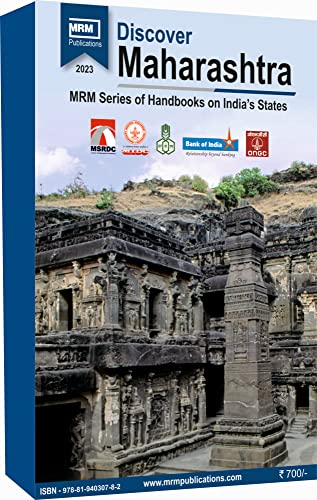The Malegaon Bomb Blast Case
The Malegaon bomb blast case refers to a terrorist attack that occurred on September 29, 2008, in Malegaon, a town in Maharashtra, Bharat.
Background of the Case
On September 29, 2008, during the month of Ramzan and just before Navratri, a bomb exploded in a Muslim-majority area of Malegaon at around 9:35 p.m. The explosion, caused by an improvised explosive device (IED) attached to an LML Freedom motorcycle, killed six people and injured 95 to 101 others. The blast took place near a mosque, heightening communal sensitivities due to its timing and location.
Investigation and Agencies Involved
The case was initially registered at Azad Nagar Police Station and later transferred to the Maharashtra Anti-Terrorism Squad (ATS) on October 21, 2008. In 2011, the National Investigation Agency (NIA) took over the investigation. The ATS alleged that the attack was orchestrated by members of Abhinav Bharat, a Hindu right-wing group, as part of a larger conspiracy to create communal tensions and terrorize a section of the Muslim community.
Accused and Charges
Seven individuals were charged, including former BJP MP Pragya Singh Thakur, Lieutenant Colonel Prasad Shrikant Purohit, Major (Retd) Ramesh Upadhyay, Ajay Rahirkar, Sudhakar Dwivedi, Sudhakar Chaturvedi, and Sameer Kulkarni. The prosecution claimed they conspired to execute the blast, targeting Malegaon’s Muslim population to disrupt communal harmony and challenge state authority.
Trial and Verdict
The trial began in 2018 and concluded on April 19, 2025, with the verdict delivered on July 31, 2025, by a special NIA court in Mumbai. The court acquitted all seven accused, citing a lack of cogent and reliable evidence. Key reasons included the prosecution’s failure to prove that the motorcycle used in the blast belonged to Pragya Thakur and discrepancies in evidence, such as manipulated medical certificates and an invalid sanction for prosecution under anti-terror laws.
Key Issues and Court Observations
The court noted procedural irregularities in the investigation, including allegations of planted evidence by an ATS officer. It emphasized that “terrorism has no religion” and that mere suspicion or public perception cannot replace concrete evidence. The court also found that the prosecution could not establish a clear link between the accused and the bomb blast, extending the benefit of doubt to the accused.
Legal Provisions Applied
The following legal provisions were invoked during the investigation and trial of the 2008 Malegaon bomb blast case:
1. Unlawful Activities (Prevention) Act, 1967 (UAPA): Applied on October 10, 2008, to address terrorism-related charges. However, the court later ruled that the UAPA could not be invoked due to defective sanction orders.
2. Maharashtra Control of Organised Crime Act, 1999 (MCOCA): Invoked to address allegations of organized crime by Abhinav Bharat, described as an “organized crime syndicate.”
3. Indian Penal Code (IPC): Various sections were applied to cover offenses such as murder, attempt to murder, and criminal conspiracy related to the blast.
Aftermath and Reactions
The acquittal sparked varied responses. Victims’ advocates expressed disappointment, highlighting the suffering of those injured who had to present their injuries in court. Some political figures, like Uttar Pradesh CM Mahant Yogi Adityanath, Maharashtra Deputy CM Eknath Shinde, supported the verdict, claiming it upheld justice for the accused, who faced prolonged legal battles. The court also ordered an inquiry into allegations against an ATS officer for planting evidence, indicating ongoing concerns about the investigation’s integrity.




